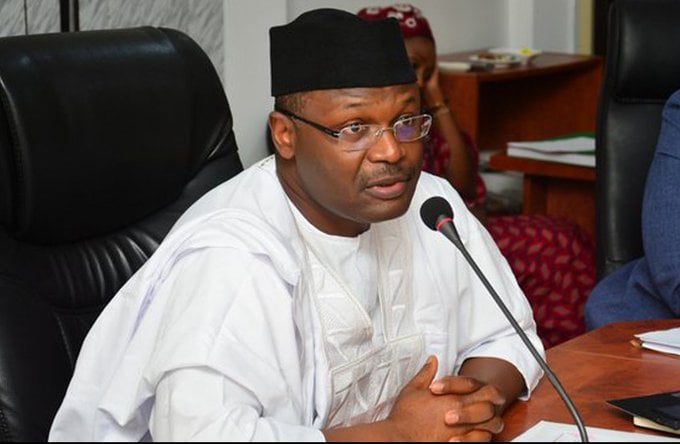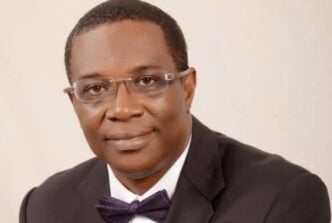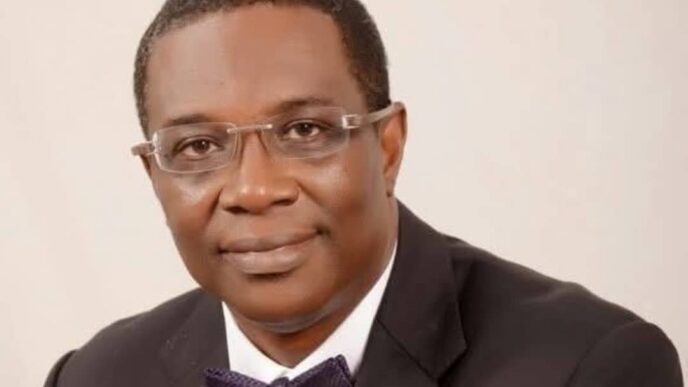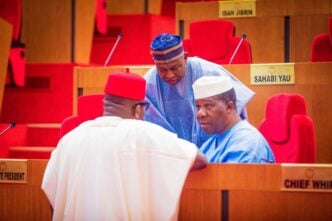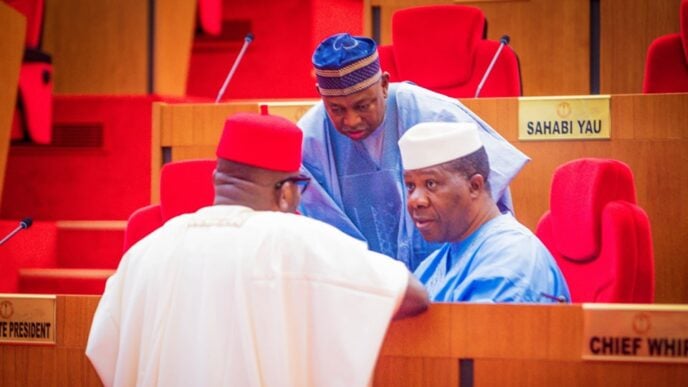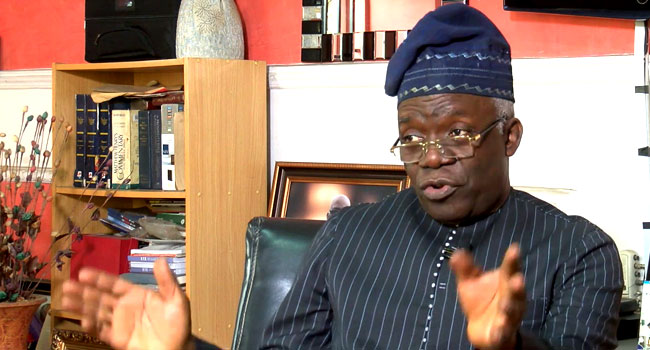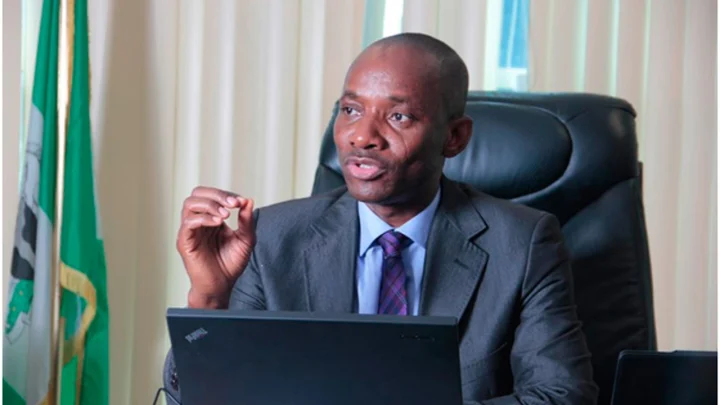The Inter-Party Advisory Council (IPAC) has commended Mahmood Yakubu, the immediate past chairman of the Independent National Electoral Commission (INEC), for significantly reforming Nigeria’s electoral system through the extensive use of technology.
Speaking in Abuja on Wednesday at a colloquium organised to mark 10 years of Yakubu’s leadership at INEC, Yusuf Dantalle, IPAC national chairman, said the reforms made it difficult for multiple voting and electoral manipulation during polls.
Dantalle said despite voter apathy in recent elections, the votes cast were genuine and accurately counted.
He attributed the development to the technological innovations introduced during Yakubu’s tenure, which, according to him, ensured only registered voters participated and prevented the use of fake voter cards.
Advertisement
“In the past, votes were manufactured and results inflated. What INEC did under Professor Yakubu was to clean the voter register using technology, ensuring no duplicate registrations,” Dantalle said.
He added that fake permanent voter cards (PVCs) were detected and invalidated through the use of the biometric voter accreditation system (BVAS), a technology developed in-house by INEC staff.
Dantalle highlighted instances where sitting governors lost elections, citing Enugu, Benue, and Kebbi states as evidence that votes counted and electoral outcomes reflected the will of the people.
Advertisement
He also referenced the 2023 elections, where Peter Obi, presidential candidate of the Labour Party (LP), performed strongly in Lagos despite lacking local government support.
The IPAC chairman said Yakubu’s administration ended manipulations in candidate nomination processes by introducing a system that allows political parties to upload candidate names electronically, reducing pre-election litigations.
“Before now, you had political parties coming with trucks of sacks of documents from primary elections to coalition centres,” he said.
“At times you have to pay some officials to ensure that you go in. At times you have to influence officials to change the names of the people that actually won from the field. But Mahamud stopped it using technology.”
Advertisement
He added that the ongoing registration of new political parties has been slowed by stringent INEC requirements, including the need for prospective party members to own PVCs, making it harder for one individual to dominate a party’s leadership.
“In the past you see a political party where one man is the chairman, his wife is the woman leader, and his son is the national secretary,” Dantalle said.
“But today it’s not like that with the registration ongoing. That is why it’s been difficult.
“It is not that INEC refused to register, but meeting the criteria for registration is the difficulty that you have seen.
Advertisement
“One of the conditions attached to membership of the prospective political parties is ownership of PVC because the data on the PVC is with INEC.”
Advertisement

